Trudging through the mud at last weekend’s WOMAD provided fleeting moments of random entertainment, as if surfing old-style across the bandwidths of a short-wave radio, you’d stumble unexpectedly on snatches of exotic sounds from around the globe: an eerie double-bass Mongolian throat-song one minute, and a horror-dark wisp of electronically enhanced tango the next. The food was taste-bogglingly varied too, from Algerian-flavoured steak wraps to a mysterious array of Tibetan treats.
WOMAD’s programmers know their stuff. There was a profusion of excellent music drawn from all corners of the planet, cliff-hanging acts of experiment and fusion, as well as reverent celebrations of pure tradition. Mahmoud Ahmed, the seasoned entertainer from Addis Ababa, revisited his hits from the glory days that preceded the Mengitsu coup of 1974: heart-warming, hip-shaking pentatonic soul, as if Muscle Shoals’s Fame Studios had been magically transported to Ethiopia. He was joined by a near-perfect French group, Badume’s Band, who played as if born to the honeyed sounds of this incredibly seductive hybrid genre. Making the most of the sunshine that had finally broken through, on a Sunday marred by heavy rain, Ahmed coaxed the audience into party mood, but hit the maximum sweet spot when he slowed right down with a deep soul version of his hit “Era Mela Mela”, the saddest love song you can imagine.
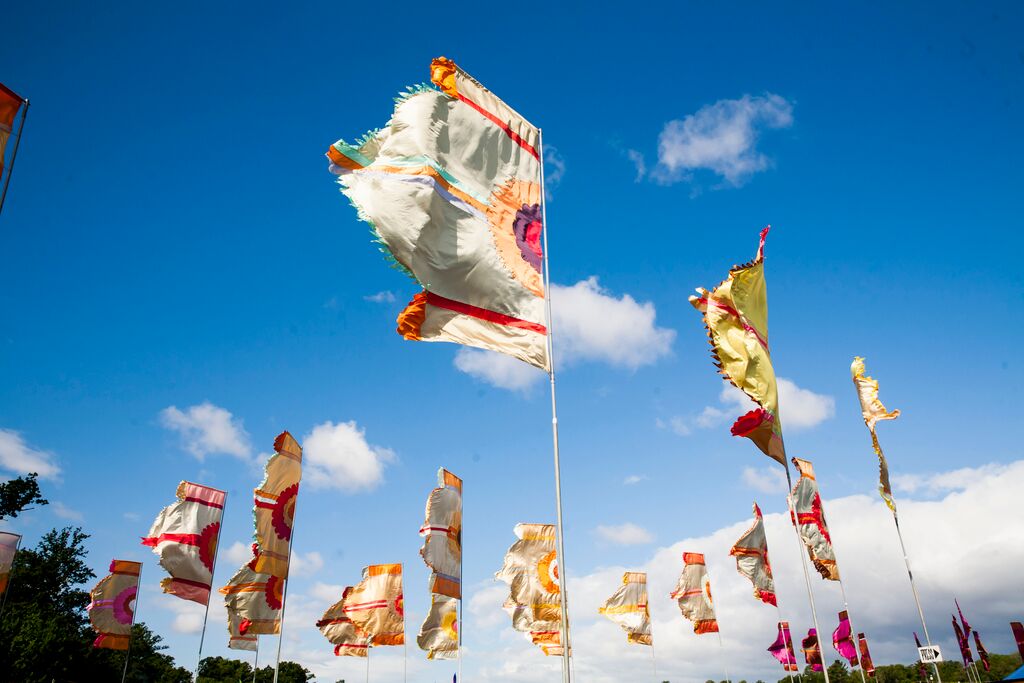 The main stage at WOMAD can bring out the worst in performers who fall into the arena trope that requires the audience to clap and sing along from the get-go: “Are you feeling alright?” the lead singer begs rather desperately, instead of just letting the music work its magic. Mahmoud Ahmed knew better: he started low-key, setting a sensual mood. The same was true of Atomic Bomb! The Music Of William Onyeabor, a loose collective of American musicians who celebrate the unique music of the messianic electronic maverick from Nigeria, William Onyeabor. This is music in which disco meets Afro-beat, the synth sounds of Kraftwerk mix with the tasty fury of the talking drum. Onyeabor, always something of a mystery, and a cult among musicians such as David Byrne and Damon Albarn, is now a reclusive and devout Christian, but his music was designed, long before his conversion, to open the listener’s heart and light up the love inside. These were surprising sounds, driven by lilting funk grooves that lured the audience into a delicious sense of slowness, and a feel-good spirit reflected in the sweet tones of the vocalists and some beautifully constructed solos from the great tenor saxophonist Charles Lloyd.
The main stage at WOMAD can bring out the worst in performers who fall into the arena trope that requires the audience to clap and sing along from the get-go: “Are you feeling alright?” the lead singer begs rather desperately, instead of just letting the music work its magic. Mahmoud Ahmed knew better: he started low-key, setting a sensual mood. The same was true of Atomic Bomb! The Music Of William Onyeabor, a loose collective of American musicians who celebrate the unique music of the messianic electronic maverick from Nigeria, William Onyeabor. This is music in which disco meets Afro-beat, the synth sounds of Kraftwerk mix with the tasty fury of the talking drum. Onyeabor, always something of a mystery, and a cult among musicians such as David Byrne and Damon Albarn, is now a reclusive and devout Christian, but his music was designed, long before his conversion, to open the listener’s heart and light up the love inside. These were surprising sounds, driven by lilting funk grooves that lured the audience into a delicious sense of slowness, and a feel-good spirit reflected in the sweet tones of the vocalists and some beautifully constructed solos from the great tenor saxophonist Charles Lloyd.
In total contrast, half a mile away, but also from the USA, Red Baraat drove the crowd into something close to foot-stomping ecstasy: rooted in the celebratory pounding of the dhol drum, this band’s music combines the joy of traditional Indian weddings with the syncopation of New Orleans funk brass bands: an unlikely mix on paper, and yet the spirit that unites the two is universal.
The combination of contagious swing and tantalizingly cool reserve was delivered with expertise and grace
There was hardly any brass at WOMAD 20 years ago, but there is plenty now: Red Baraat made the most of trumpet and trombone, both expertly played. Kočani Orkestar, a leading band from Macedonia, featured three tubas, three trumpets, a sax and clarinet player, and two vocalists. At the heart of this riotous music, originally a Balkan Roma take on the raucous sound of Turkish military bands, is the fierce sound of the tapan or davul, a close cousin of Red Baraat’s dhol. Every gypsy band in Greece, Turkey and the Balkans uses this versatile drum, which combines the stomach-punching bass from a soft stick held in the right hand with the whip-crack of the switch held in the left.
In after-party, chill-out style, the great Malian griot Kassé Mady Diabaté, sang on the other side of 1 am. He is an expert at reaching other areas of the heart, the Aphroditic rather than the Dionysiac. His voice is without doubt one of the very sweetest in Africa and he was more than ably supported by a trio of exceptional musicians, all of whom he has known for years: Lansiné Kouyaté, the undisputed master of the Manding balafon since Kélétigui Diabaté’s death a few years ago, an inventive and sensitive musician as well as a virtuoso; Makan Tounkara, who draws out of the ngoni a range of tonalities and moods that no other, including Bassékou Kouyaté, can equal; and last but hardly least, Ballaké Sissoko, who knows the tradition of the kora inside-out, and yet plays loose with the instrument’s many possibilities, listens to others with consummate modesty, and knows just when to take a musical risk that invariably pays off. They closed their breath-taking set with a blistering version of the Bambara tune “Ko Kuma Magni”: the combination of contagious swing and tantalizingly cool reserve was delivered with expertise and grace, the manifestation of ancient traditions made new, in the moment, as the show came to a glorious close.




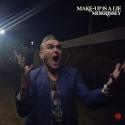
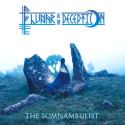
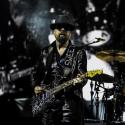

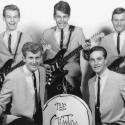
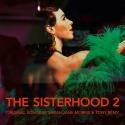
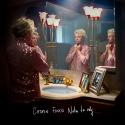

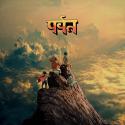
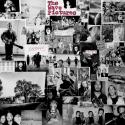

Add comment